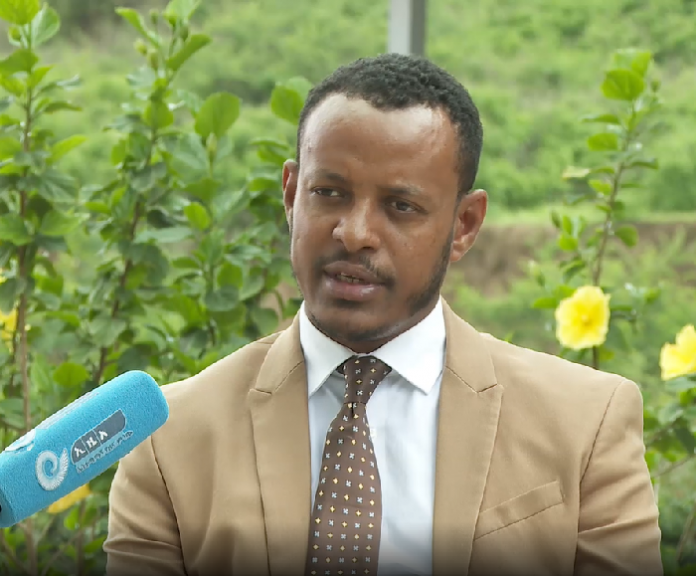 Addis Ababa, August 12, 2022(Walta) – The refugee operation in Ethiopia, which is hosting more than 870,000 refugees, is faced with serious challenges due to shortfalls of funding from donor organizations, according to the Refugees and Returnees Service (RRS).
Addis Ababa, August 12, 2022(Walta) – The refugee operation in Ethiopia, which is hosting more than 870,000 refugees, is faced with serious challenges due to shortfalls of funding from donor organizations, according to the Refugees and Returnees Service (RRS).
Refugees and Returnees Service Director-General, Tesfahun Gobezay told ENA that food shortage and financial limitations have been hampering the operation of the service.
The challenges of refugee operation and food insecurity in the country have been further compounded by current global limitations to food availability, economic shocks, rising costs of food and energy, and the fallout of COVID-19, among others.
As a result, “we are facing a ration cut that is unbearable for the refugees and they are getting 50 percent of the bare minimum that is stipulated in the international standard. This has created a lot of challenges for refugees, hosting communities, and the government as a whole. Because, if people don’t get enough food to survive, they might resort to other illegal or unethical options,” he noted.
Therefore, we have expressed our concerns to all the concerned bodies, the director-general pointed out.
Urging the international community and donor organizations to give emphasis to the condition of refugees in Ethiopia and provide the necessary support, Tesfahun stressed that refugee operation is a shared burden of the hosting country, concerned bodies, and the international community.
“If the funding improves, our operation can improve accordingly,” he stated.
Hosting of refugees has also created an impact on the environment and became a concern to the Government of Ethiopia since refugees have to cut trees to build their shelters and prepare their daily food.
“Most of our camps are in Gambella and Benishangul-Gumuz, which are two of the greenest regions of the country. There is huge deforestation that is happening in the regions. The refugees cut trees continuously to build shelter and prepare food.”
The government, along with partners, is trying to come up with ideas for alternative energy sources and a green legacy strategy to minimize the impact of refugee operations on the environment, Tesfahun said.
According to him, the response coming from UNHCR and other partners to address this challenge is not, however, up to the severity of the problem.
The refugees in Ethiopia originated from 26 countries. Most of them are from South Sudan, Somalia, Eritrea, and Sudan.